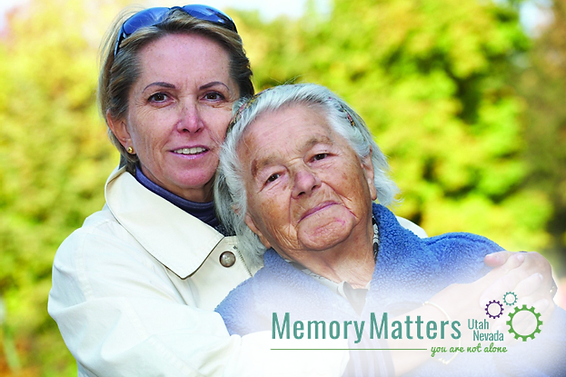When tackling this sensitive topic think carefully about word choices. Seniors often rebel against the word “diaper” as an adult of any age would — and for good reason. This word implies a piece of clothing used for a baby or toddler who has yet to be toilet trained. What adult would take kindly to this word when it’s applied to them?
Incontinence is a term used to describe loss of bladder or bowel control. People with incontinence may not be able to tell when they need to use the bathroom or may not be able to control urination or bowel movements.
Aside from issues with using the bathroom, individuals with dementia may also have problems with incontinence, especially in later disease stages. Furthermore, though they may feel ashamed or embarrassed when they have an accident, they may not understand what they should do next (i.e. finding clean pants, cleaning themselves, etc.). They may not even realize that they have wet or soiled themselves, which can lead to skin problems or infections. There is no effective medical treatment for incontinence, but health professionals have some good suggestions for dealing with it.
Suggestions For Caregivers
Identifying a Pattern and Planning Ahead
Caregivers can try keeping a record of accidents and daily trips to the toilet to see if there are patterns to when their loved one has accidents. Additionally, it can be helpful to note the following information:
- Do they have accidents while they are trying to get to the bathroom?
- Do they forget to even go to the bathroom?
- Do they need to urinate first thing in the morning?
- How often do they make bowel movements?
- Do they have accidents when they laugh or get excited?
Identifying a pattern can help caregivers plan a schedule for bathroom trips. Setting up regular times during the day when they can go to the bathroom can help prevent potential accidents. Caregivers have found that it is usually easier to encourage good toilet behavior by praising loved ones after successful trips to the bathroom. If scheduling is still a problem, using adult diapers can help keep the problem of incontinence under control and help them avoid the embarrassment and other issues that can result from incontinence.
Taking Cues From Your Loved One
However you decide to arrange trips to the toilet, be sure to remain aware of the gestures and words that your loved one might make when they need to go to the bathroom. Even if someone with dementia may not speak up when they want to go to the bathroom, there may be body language that can let you know this, such as fidgeting, pulling at their clothes, or touching their genitals. If your loved one does let you know when they need to go to the bathroom, be sure to use their language for it – if they talk about needing to “do some business” or “go pee”, then use this language as well with them.
Incontinence in Late Stages of Dementia
Eventually, your loved one may not be able to use the toilet and you will need to use adult briefs and bed pads.
***Adult briefs, pads, underpants and depends are available to purchase online at the Memory Matters Store

